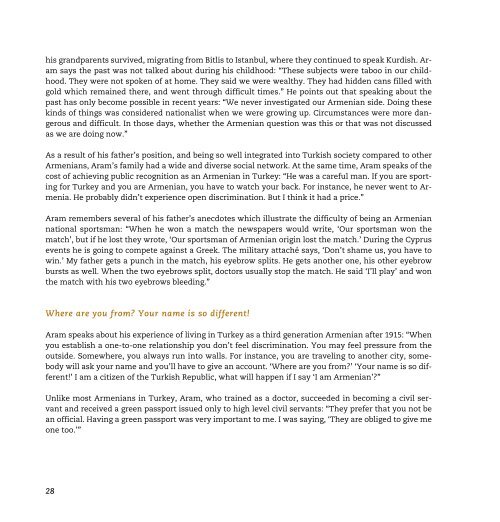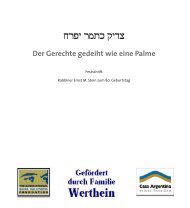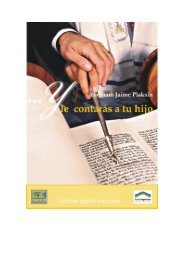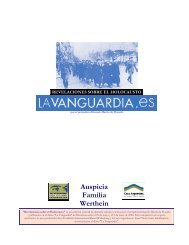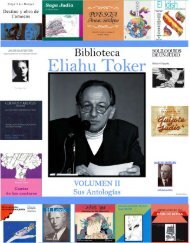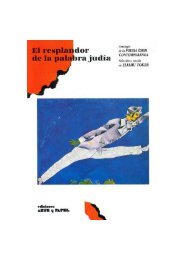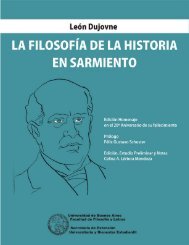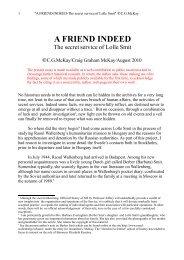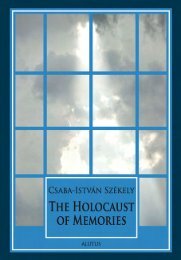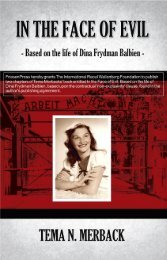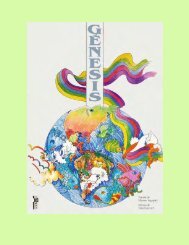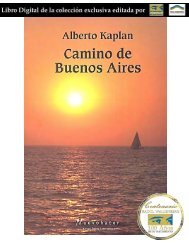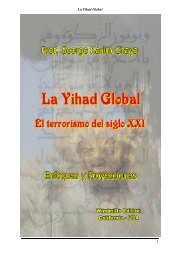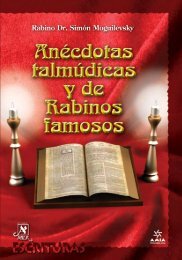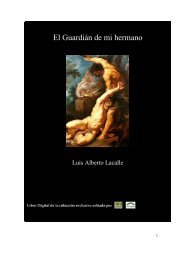Speaking to One Another - The International Raoul Wallenberg ...
Speaking to One Another - The International Raoul Wallenberg ...
Speaking to One Another - The International Raoul Wallenberg ...
- No tags were found...
Create successful ePaper yourself
Turn your PDF publications into a flip-book with our unique Google optimized e-Paper software.
his grandparents survived, migrating from Bitlis <strong>to</strong> Istanbul, where they continued <strong>to</strong> speak Kurdish. Aramsays the past was not talked about during his childhood: “<strong>The</strong>se subjects were taboo in our childhood.<strong>The</strong>y were not spoken of at home. <strong>The</strong>y said we were wealthy. <strong>The</strong>y had hidden cans filled withgold which remained there, and went through difficult times.” He points out that speaking about thepast has only become possible in recent years: “We never investigated our Armenian side. Doing thesekinds of things was considered nationalist when we were growing up. Circumstances were more dangerousand difficult. In those days, whether the Armenian question was this or that was not discussedas we are doing now.”As a result of his father’s position, and being so well integrated in<strong>to</strong> Turkish society compared <strong>to</strong> otherArmenians, Aram’s family had a wide and diverse social network. At the same time, Aram speaks of thecost of achieving public recognition as an Armenian in Turkey: “He was a careful man. If you are sportingfor Turkey and you are Armenian, you have <strong>to</strong> watch your back. For instance, he never went <strong>to</strong> Armenia.He probably didn’t experience open discrimination. But I think it had a price.”Aram remembers several of his father’s anecdotes which illustrate the difficulty of being an Armeniannational sportsman: “When he won a match the newspapers would write, ‘Our sportsman won thematch’, but if he lost they wrote, ‘Our sportsman of Armenian origin lost the match.’ During the Cyprusevents he is going <strong>to</strong> compete against a Greek. <strong>The</strong> military attaché says, ‘Don’t shame us, you have <strong>to</strong>win.’ My father gets a punch in the match, his eyebrow splits. He gets another one, his other eyebrowbursts as well. When the two eyebrows split, doc<strong>to</strong>rs usually s<strong>to</strong>p the match. He said ‘I’ll play’ and wonthe match with his two eyebrows bleeding.”Where are you from? Your name is so different!Aram speaks about his experience of living in Turkey as a third generation Armenian after 1915: “Whenyou establish a one-<strong>to</strong>-one relationship you don’t feel discrimination. You may feel pressure from theoutside. Somewhere, you always run in<strong>to</strong> walls. For instance, you are traveling <strong>to</strong> another city, somebodywill ask your name and you’ll have <strong>to</strong> give an account. ‘Where are you from?’ ‘Your name is so different!’I am a citizen of the Turkish Republic, what will happen if I say ‘I am Armenian’?”Unlike most Armenians in Turkey, Aram, who trained as a doc<strong>to</strong>r, succeeded in becoming a civil servantand received a green passport issued only <strong>to</strong> high level civil servants: “<strong>The</strong>y prefer that you not bean official. Having a green passport was very important <strong>to</strong> me. I was saying, ‘<strong>The</strong>y are obliged <strong>to</strong> give meone <strong>to</strong>o.’”28


